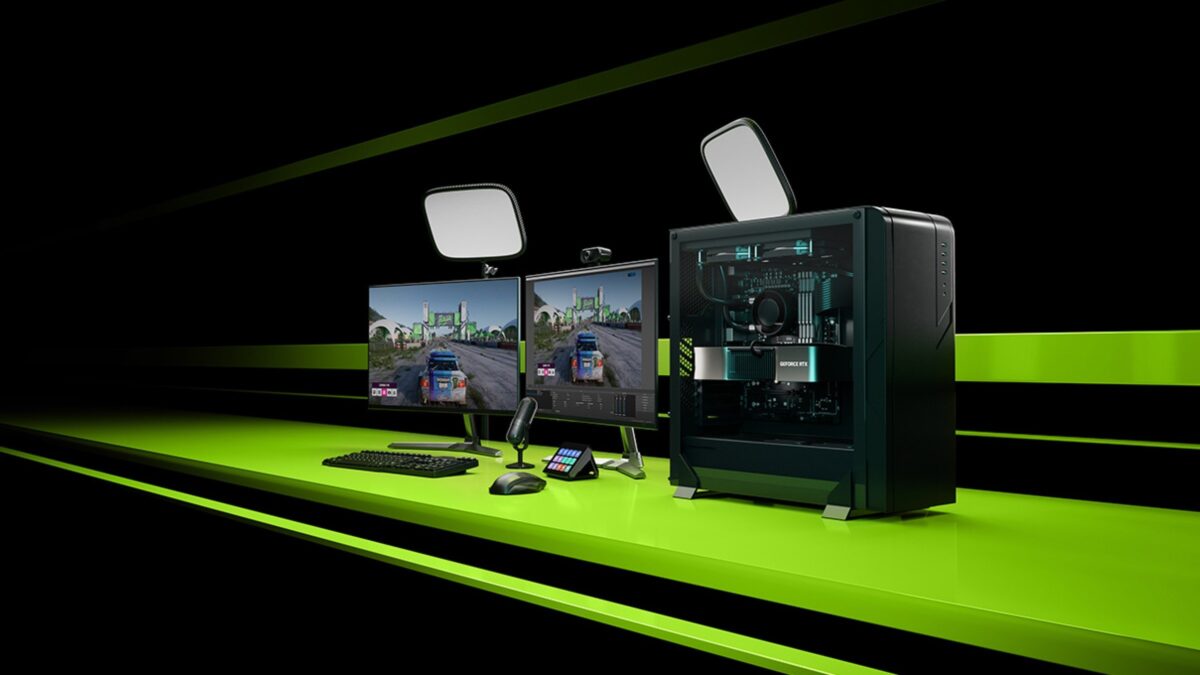
AV1 is a high-efficiency video codec format with a royalty-free license.
Remember network TV and cable? That thing where you had to wait for your show to be broadcast, and if you missed it, you were out of luck?
Folks who grew up in the world of streaming may not know what it’s like, but there were days when on-demand content wasn’t a thing. Now, everyone has the opportunity to stream their projects to the masses, be it Netflix or the next big YouTube creator.
But transcoding these streams without wasting bandwidth or money was always a milestone, and AV1 encoding was the first step to getting quality content in a high-efficiency format. In November of 2021, Netflix began streaming AV1 to TVs after launching it via mobile platforms.
Now, thanks to OBS (Open Broadcaster Software), a free and open-source software for video recording and live streaming, AV1 is in the hands of YouTube creators.
Why AV1 Matters
AV1 was designed to send video over the web, and when tested in 2018 by Facebook, it achieved 46.2 percent and 50.3 percent higher data compression than H.264 High profile and H.264 Main profile, respectively.
Getting better compression without sacrificing quality allows for exhibition in higher quality or with an efficient bit-rate that will keep your bandwidth costs down.
In a segment of the WAN Show linked above, Luke Lafreniere speculated that “the main way this is going to be used, which is a massive win, is to achieve the same amount (of quality) but with way less bandwidth.”
Linus Sebastian added, “This is actually a (win) for everybody. Unnecessary internet bits, unnecessary traffic, is harmful to absolutely everyone involved, and it clogs up the pipes.” He continued to say that “the more data that you have unnecessarily taking up your switching capacity, the less data you can deliver more quickly for everything else.”
However, since the technology is fairly new, this may cost you a bit more in decoding and encoding power consumption on a hardware level. Having said that, as the format becomes more widespread, manufacturers will fill in those gaps with dedicated additions to GPUs and SoCs, much like Apple has done with its M series of SOCs.
Why This Matters to Filmmakers
So far, this only seems like a boon to streamers or the companies that hold the reins of streaming bandwidth, right? Well, not quite, especially if you’re a creative who utilizes video walls or volumes to shoot your projects.
According to Lafreniere, video cards made by Matrox Video, which are used in workstations, video walls, and digital signage, have released a line of new cards that support AV1 transcoding. Nvidia is also releasing cards with this support.
For filmmakers working with LED walls or in a volume, this is a boon. In these spaces, the footage is streamed to the wall in real time. Having an efficient video format will increase quality and reduce costs, especially if AV1 becomes more widespread. As this tech trickles down to consumer products, we’ll start to see budget creatives have a chance at making better quality content utilizing the above tech.
But for now, the short-term benefit lies solely with creatives in the YouTube streaming space. If you work in live production, where a lot of budget shows are now ending up, AV1 will be a benefit to your quality or bandwidth.
So Long H.264?
Video has been trying to move on from H.264 for what seems like decades. But due to licensing issues, nothing has really stuck. Thanks to the open-source nature of AV1, those roadblocks may not be an issue anymore.
There shouldn’t be any costs associated with utilizing this new format, but depending on how that open-source license is implemented, that may not be the case. Only time will tell.
But what do you think? Will AV1 take the crown from H.264?
Let us know in the comments!














